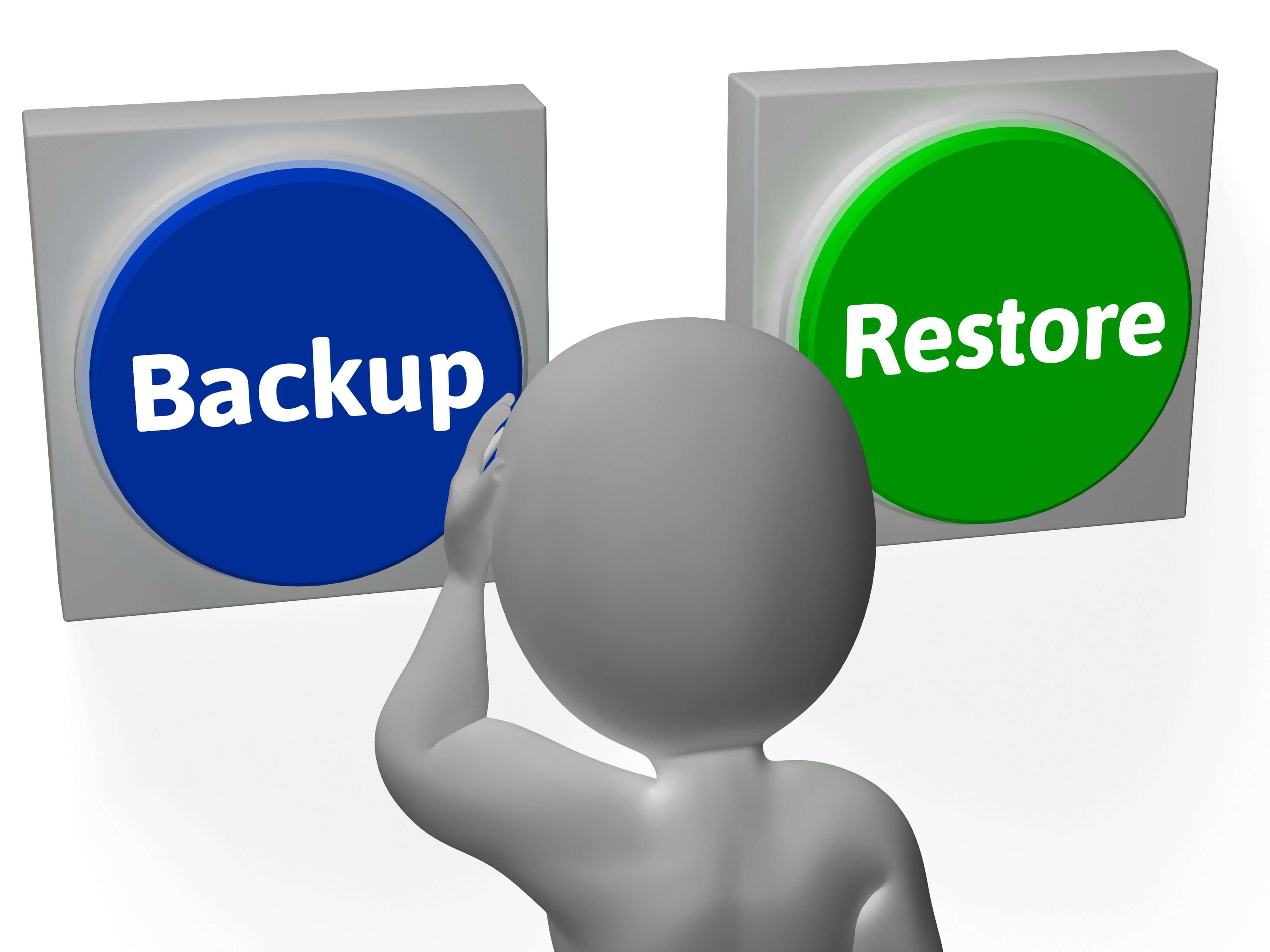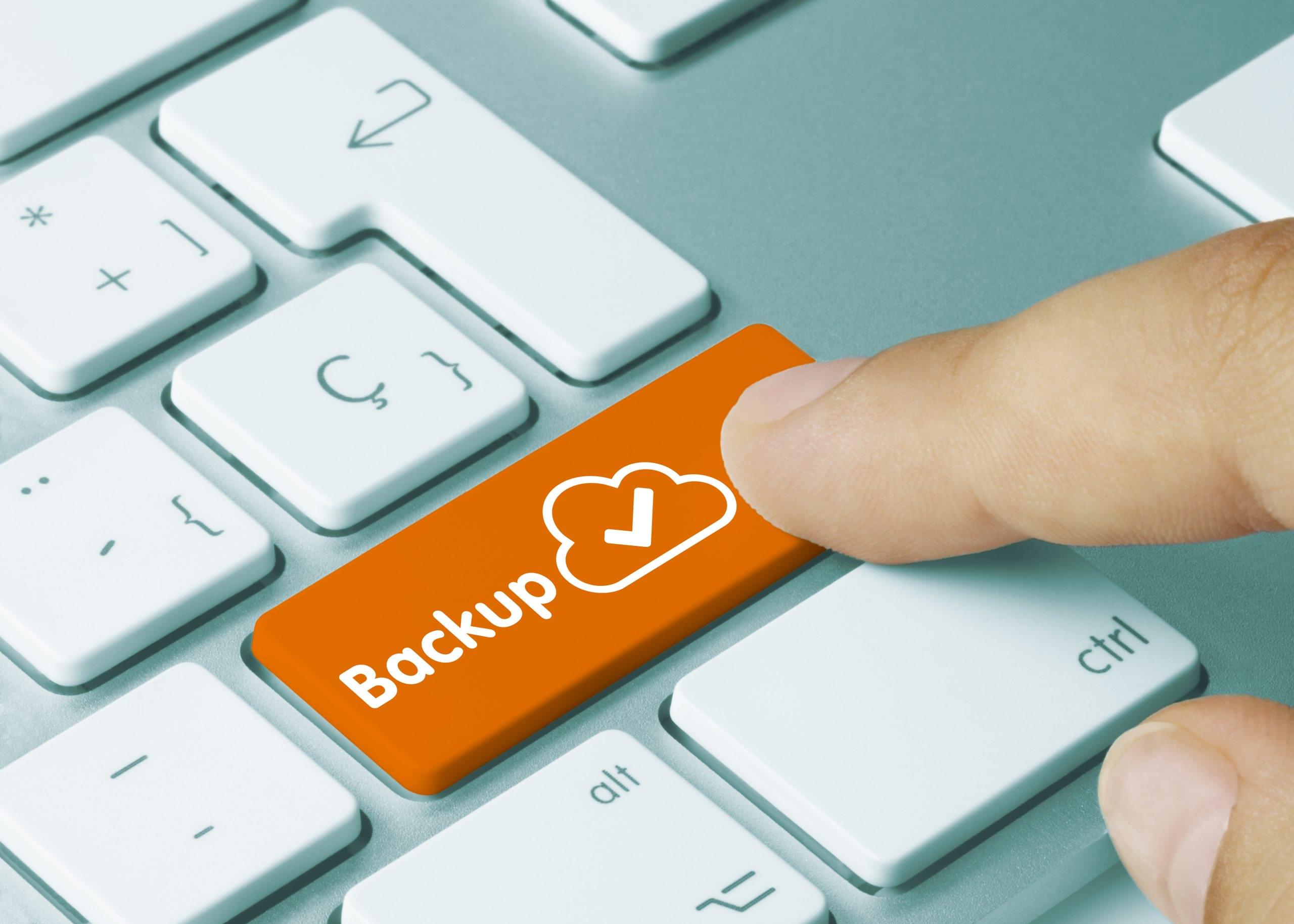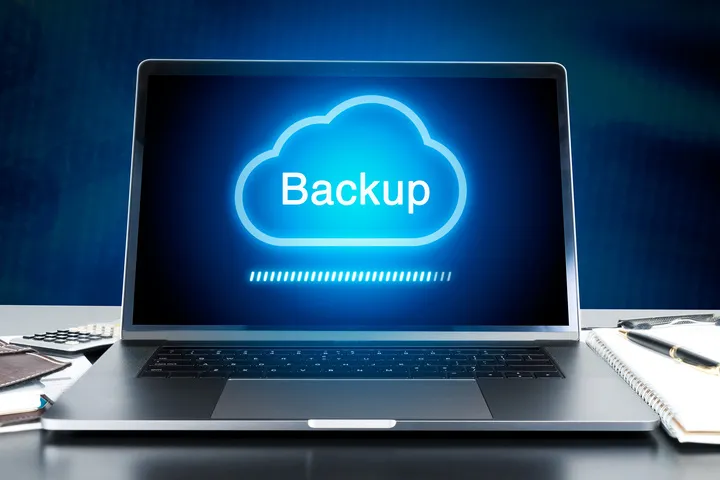Safe Macbook Pro Offsite Backup Data Protection Strategies

Data backup is an essential component of modern life because it offers a number of benefits that can safeguard people and companies from potential disasters. Backup your data makes sure that crucial files are kept safe and accessible, whether you use physical or cloud storage. In this article, we'll go over the different benefits of data backup and why it should be a regular practice.
Prevention of data loss:
Preventing data loss is one of the main advantages of regular data backups. Data loss can occur permanently as a result of unintentional deletion, hardware failure, malware attacks, or natural disasters. You can easily restore your files by regularly backing them up, lessening the effects of such events.
High-speed Hyperv Server Ultimate Guide
Recovery of data:
Backups offer a dependable method of recovery in the unfortunate event of data loss. You can simply restore lost data from your backup source rather than wasting time and effort trying to retrieve it - Backup Solution For Google Cloud Storage. You can quickly retrace your steps thanks to the time and resources you save.

Protection Against Hardware Error:
Storage devices like hard drives and solid-state drives are prone to malfunctioning over time. You create redundancy that protects against hardware failures by backing up your data. You can rely on your backup to guarantee data availability if one device fails.
Tailored Server Offsite Backup Toolkit
Malware attacks ' security:
Cyber threats are a persistent concern in today's digital world. Your system may be compromised by ransomware, viruses, and other malicious software that can encrypt or delete your data. If you have backups, however, you can easily clean up your infected system and restore the files.
Simple New Device Migration:
Backups are essential when switching to a new device or moving data between systems. All of your files, settings, and preferences will be transferred without difficulty thanks to their seamless migration. This speeds up the transition and lowers the risk of data loss by doing away with the manual copying and moving of individual files.
Resilient Online Backup Mac Toolkit
Enhanced Business Continuity
Data backup is essential for businesses to maintain operations without interruption. Having backups in place speeds up recovery and reduces downtime in the event of an It disaster or system failure. Productivity, customer satisfaction, and revenue streams are all maintained in this way.
Compliance with legal requirements
There are strict rules governing data retention and privacy in some sectors, including finance and healthcare. You can comply with these compliance requirements and prevent potential legal problems by regularly my latest blog post backing up your data.
Scalable Saas Backup Solutions Essentials
Protection against Unintentional Deletion:
Accidentally deleting crucial files can be a nightmare because we all make mistakes. However, if you have backups, it wo n't be difficult to restore deleted files. Backups serve as a safety net, preventing data loss over the long term from even human errors.

Accessibility to data:
You can access your data from a variety of gadgets and places by keeping backups. Windows Offsite Backup. Having backups makes sure that your files are always accessible, regardless of whether you're working remotely, traveling, or having technical issues.
Uninterrupted Backup System For Data Center In a Nutshell
Mental tranquility
Peace of mind comes from knowing that your data explanation is safely stored. You can relax knowing that your crucial documents will be secure and recoverable in the event of an emergency.
Cost-reductions:
Backup solutions may have an initial cost, but over time they can result in financial savings. Recovery from data loss incidents can be costly, with costs like data retrieval, system rebuilding, and lost business opportunities. You can reduce these risks and overall costs by making backup investments.
Cost-effective Saas Backup Solutions Must-Haves
Boosted Productivity
By avoiding the need to recreate or reclaim lost data, having a dependable backup system in place increases productivity. Workers can resume their work and quickly restore their files, reducing disruptions and increasing productivity.
Organization for Data:
Organizing files and classifying them for simple retrieval is a common part of data backup. Better data management procedures are encouraged by this procedure, which also makes it possible to organize files more effectively and clear up devices of clutter.
Reliable Remote Backup Macbook Air Ultimate Guide
- Regularly backup your files to prevent data loss.
Backups offer a dependable method for recovering data.
- Use backups to guard against hardware failure and malware attacks.
- Using backups, it's simple to switch to new devices.
- Ensure business continuity by installing backups.
With data backups, you can comply with legal requirements and stay out of trouble.
- Restore backup files that were unintentionally deleted.
- Use backups to access your data from various devices and locations.
- Feel secure in the knowledge that your data can be recovered.
- Investing in backups can help you save money over time.
- Reduce the need to recreate lost data and boost productivity.
- Use the backup process to effectively organize your data.


